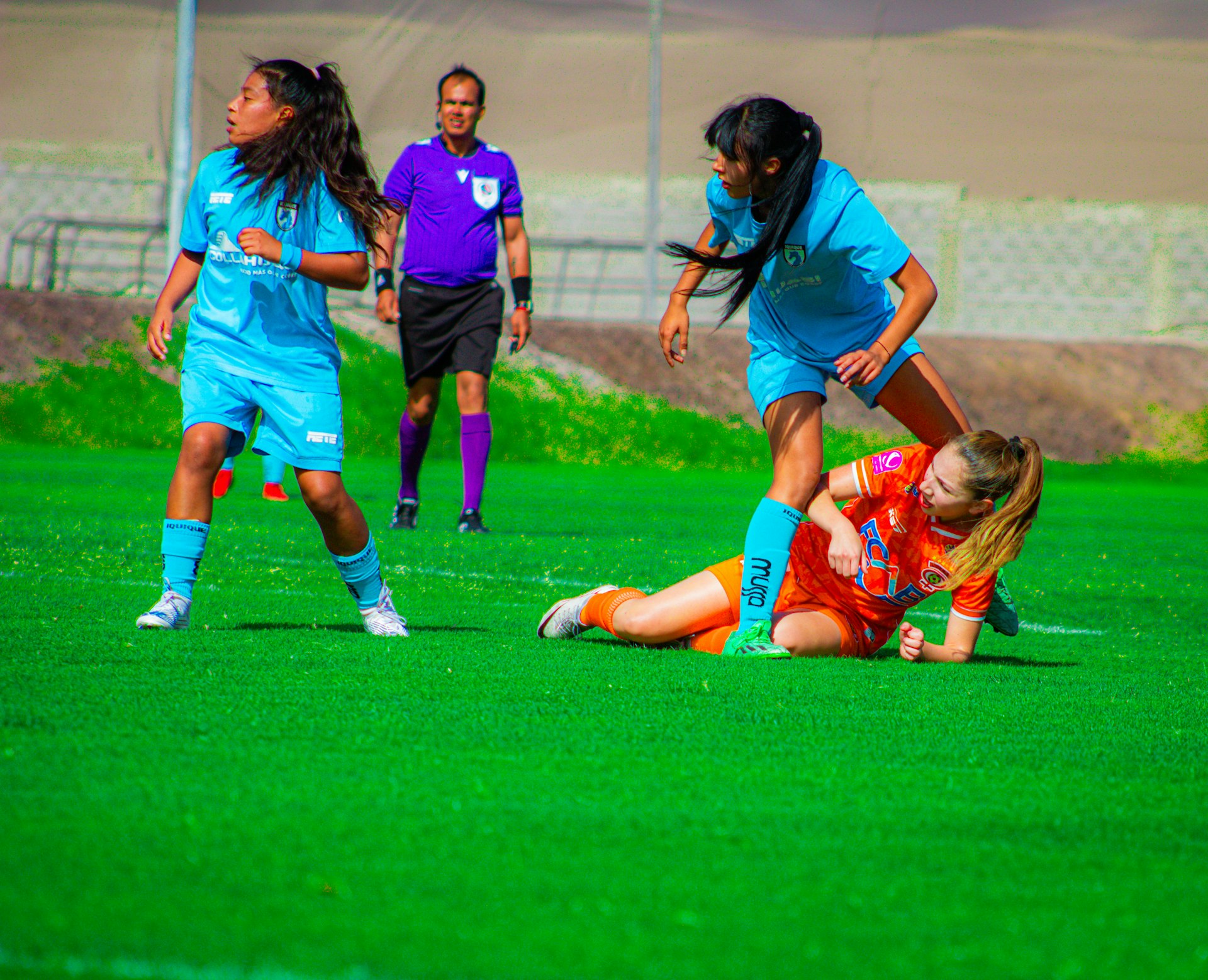Effective Coaching Strategies for Gen Z Athletes: Building Engagement, Independence, and Resilience

Photo by Markus Spiske on Unsplash
Understanding Gen Z Athletes: Characteristics and Coaching Implications
Gen Z athletes-typically born between 1995 and 2012-bring unique perspectives to sports. They are digital natives, comfortable with technology, and expect rapid feedback and clear communication. Unlike previous generations, they value transparency, inclusivity, and autonomy. These traits shape their expectations of coaches, training environments, and team culture [1] .
To coach Gen Z effectively, it’s important to recognize that they:

Photo by Catia Climovich on Unsplash
- Expect clear explanations (“the why”) behind training methods
- Value direct, honest communication and rapid feedback
- Desire both independence and mentorship
- Are more attuned to mental health, burnout, and balance
- Prefer personalized coaching that considers their context
Let’s explore actionable strategies that align with these preferences and maximize athlete engagement and performance.
Strategy 1: Explain the ‘Why’-Build Motivation Through Transparency
Gen Z athletes are inquisitive and want to understand the purpose behind each drill, exercise, or practice plan. Coaches who provide a rationale foster greater buy-in, intrinsic motivation, and adherence [1] . For example, when introducing a new conditioning drill, explain how it will improve speed or endurance in game situations. This approach can reduce pushback and increase engagement.
Implementation Steps:
- Begin each session by outlining objectives and the reasoning behind them
- Encourage athletes to ask questions about training methods
- Connect each activity to broader team or personal goals
Case Example: A high school basketball coach starts practice by saying, “Today’s passing drills are designed to help us reduce turnovers in pressure situations, which cost us key points last game.” This fosters understanding and urgency among athletes.
Challenges: Some athletes may still question authority or resist unfamiliar methods. Consistently linking activities to outcomes can help overcome skepticism.
Strategy 2: Communicate Effectively-Leverage Multiple Channels and Styles
Gen Z athletes are accustomed to digital communication and short-form content. However, they still benefit from face-to-face interaction, especially for feedback and team building [1] . Combining direct messaging with digital tools can enhance comprehension and retention.
Implementation Steps:
- Use text messaging or group apps for logistics and reminders
- Incorporate video analysis for visual learners-demonstrate skills or review game footage
- Hold regular in-person team meetings for open discussion and feedback
- Ask open-ended questions to stimulate dialogue
Example: A soccer coach shares short video clips of successful plays before practice, then leads a group discussion on what made them effective.
Alternative Approaches: For remote or hybrid teams, consider using secure video conferencing or digital whiteboards to facilitate engagement.
Strategy 3: Be Direct and Concise-Maximize Attention and Clarity
Attention spans among Gen Z athletes may be shorter due to digital information overload. Coaches can adapt by delivering clear, concise instructions and repeating key points at the start and end of sessions [1] . This ensures important messages are retained and understood.
Implementation Steps:
- Summarize main points at the beginning and end of practice
- Use bullet points or visual aids during instruction
- Provide immediate feedback following drills or games
Example: A volleyball coach concludes each drill with a 30-second recap of what was learned and next steps for improvement.
Challenges: Some athletes may require additional support or repetition. Pairing verbal instructions with visual cues can help bridge gaps.
Strategy 4: Focus on Quality Over Quantity-Prevent Burnout and Promote Balance
Today’s young athletes are more aware of the risks of overtraining and value balance between sports, academics, and life [1] . Coaches should design training plans that emphasize skill development and injury prevention, rather than maximum volume.
Implementation Steps:
- Monitor for signs of burnout and adjust training intensity as needed
- Apply periodization principles-alternate high and low intensity sessions
- Encourage rest, recovery, and cross-training
Example: A swim coach tracks weekly yardage and schedules regular rest days to prevent overuse injuries and keep motivation high.
Alternative Approaches: Collaborate with athletic trainers or sports medicine professionals to create individualized plans.
Strategy 5: Build Independence and Empowerment-Foster Ownership and Accountability
Gen Z athletes often rely on adult guidance but benefit from opportunities to take ownership. Granting choices and responsibilities helps them develop decision-making skills and confidence [2] . This can be achieved by letting athletes select drills, lead warm-ups, or set personal goals.
Implementation Steps:
- Assign leadership roles within the team
- Allow athletes to participate in goal-setting and decision-making
- Encourage self-assessment and reflection after games or practices
Example: A track coach invites athletes to help plan weekly workouts, increasing buy-in and accountability.
Challenges: Some athletes may struggle with new responsibilities. Provide gradual scaffolding and support as independence grows.
Strategy 6: Promote Resilience-Develop Coping and Adaptability Skills
Gen Z athletes may face greater challenges with adversity and setbacks. Coaches can help by intentionally creating challenging situations in practice and teaching coping strategies [2] . This prepares athletes to handle pressure and disappointment constructively.
Implementation Steps:
- Simulate high-pressure scenarios during training
- Debrief and discuss setbacks openly, focusing on growth
- Teach mental skills such as visualization, mindfulness, and positive self-talk
Example: After a tough loss, a coach leads a guided reflection where athletes share lessons learned and strategies for improvement.
Alternative Approaches: Incorporate guest speakers or sports psychologists to offer resilience workshops.
Strategy 7: Build Strong Relationships-Adopt a Person-First, Democratic Approach
Gen Z athletes respond well to coaches who foster closeness, commitment, and mutual respect. Adopting a democratic style-where athletes are involved in the process and their input is valued-can enhance motivation and satisfaction [3] . Quick feedback using technology (e.g., video review) is especially effective.
Implementation Steps:
- Hold regular check-ins to discuss goals and well-being
- Solicit feedback from athletes on training and team culture
- Use technology to provide timely performance analysis
Example: A tennis coach reviews match footage with athletes, encourages their analysis, and incorporates their suggestions into future practices.
Accessing Coaching Resources and Professional Development
To implement these strategies, coaches can pursue professional development through:
- Workshops and seminars offered by national coaching associations
- Online courses on youth athlete development and communication
- Peer networking with coaches who have experience working with Gen Z
For specific certifications or best practices, consider searching for coaching resources through national governing bodies like USA Coaching Education or similar organizations. You can often find upcoming events, webinars, and downloadable guides by visiting the official websites of your sport’s national association or searching for “youth sports coaching resources.”
Consider connecting with local university athletic departments, community sports programs, or professional coaching networks for mentorship and support. These organizations may offer in-person or virtual training tailored to current trends in athlete development.
Key Takeaways and Next Steps
Coaching Gen Z athletes requires embracing change and adapting to their unique strengths and needs. By explaining the ‘why,’ communicating effectively, providing direct feedback, emphasizing quality, fostering independence, promoting resilience, and building strong relationships, coaches can nurture the next generation of athletes for both performance and personal growth. Continuous learning and collaboration with peers and experts are essential to stay current and effective.



